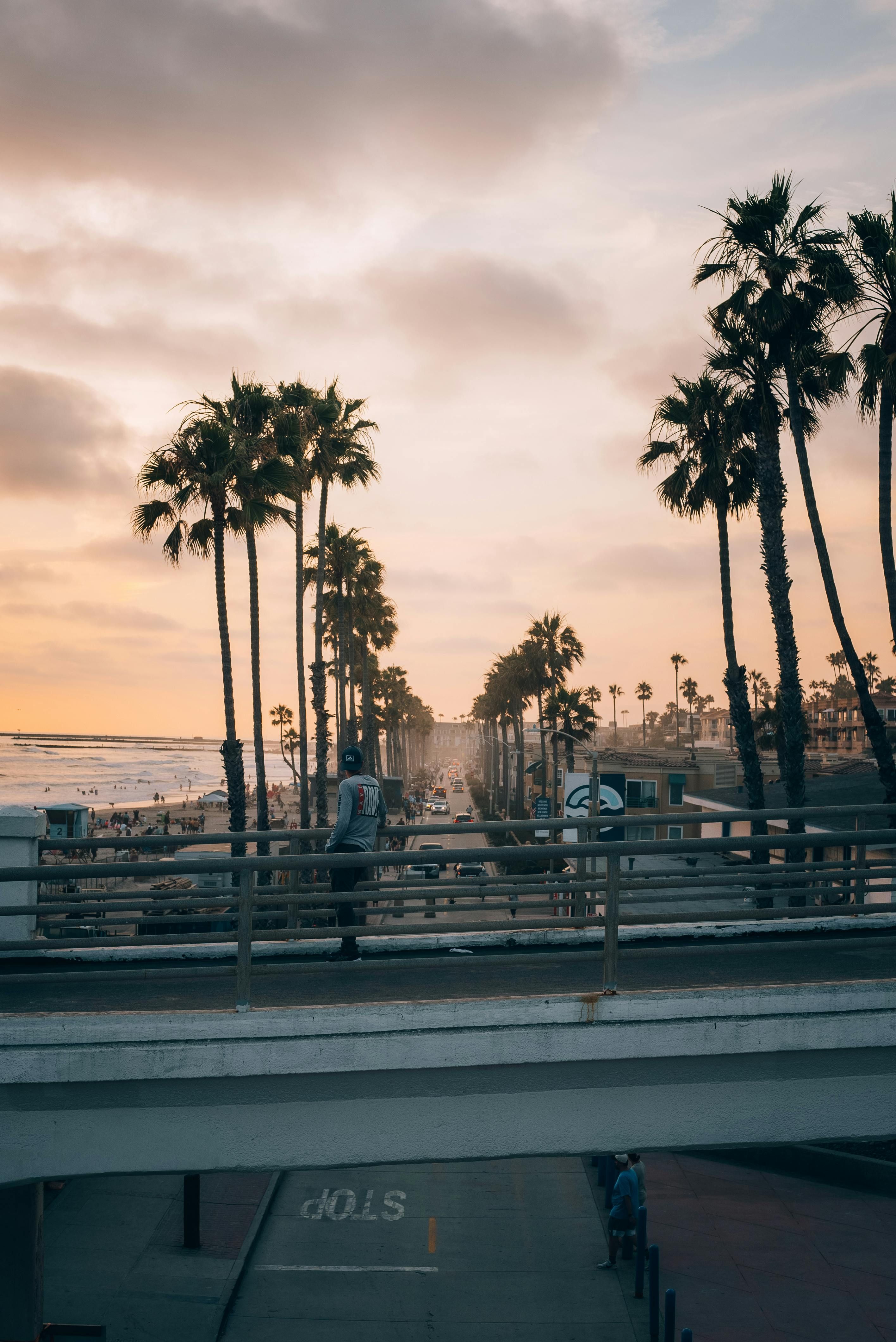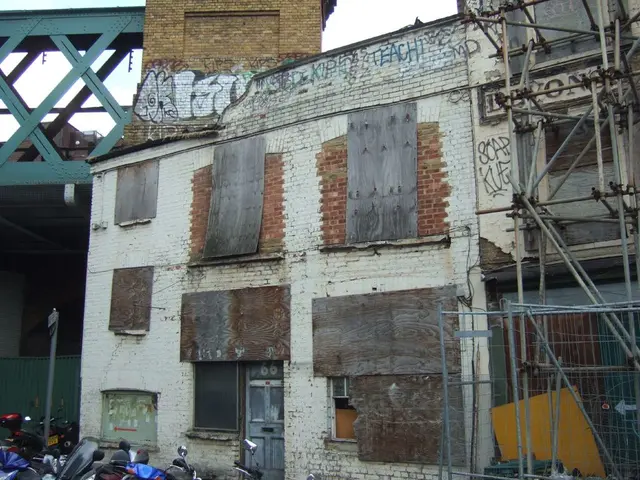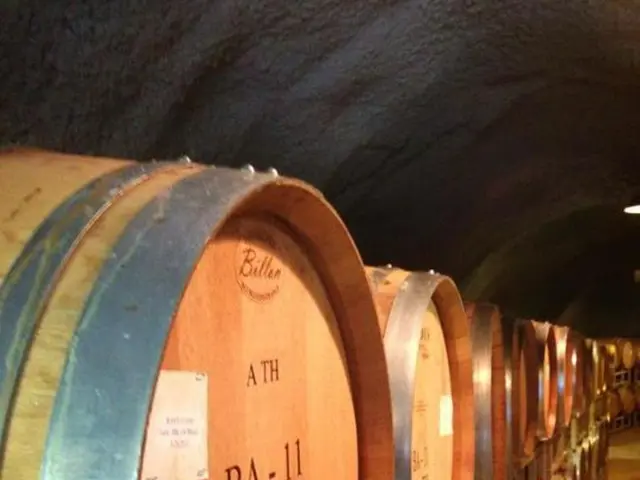Alternative Energy: Exploitation of Unconventional Energy Resources
In the midst of Europe's energy conundrum, Germany's reliance on Russia for gas supply is a concern. The EU, particularly Germany, must diversify and reorganize energy sources to break free from Moscow's political manipulations.
As of now, only three nuclear power plants, Emsland, Neckarwestheim 2, and Isar 2, contribute a mere six percent of Germany's electricity needs. Gas-fired power plants account for thirteen percent, while the majority is used for heating buildings and industrial production.
Germany's gas storage facilities were 66.8 percent full by late July, a level deemed significant for winter survival. However, opinions differ on whether this level is enough. Russia, a crucial supplier, must deliver at least 20 percent of the agreed quantities for a positive scenario. Nonetheless, President Putin has previously demonstrated his willingness to use gas as a political weapon.
Germany's excessive dependence on Russian pipeline gas (nearly half of total imports) contrasts with France, where nuclear power plants produce around 70 percent of the electricity. France 's current situation is further aggravated by half-capacity operation of its reactors due to routine maintenance, inspections, and pipework issues.
With an urgent need for alternative energy sources, Liquefied Natural Gas (LNG) emerges as a temporary solution. Natural gas is cooled to minus 162 degrees, made liquid, and transported via LNG tankers. Upon arrival, it is heated, returns to its gaseous state, and can be fed into the pipeline network if the necessary infrastructure is available.
Germany is working on building LNG terminals in Wilhelmshaven, Brunsbüttel, Stade, and Rostock. However, Germany's limited LNG infrastructure remains a hindrance. LNG could also be discharged at terminals in the Dutch Gate, Belgian Zeebrugge, and then flow through existing pipelines to Germany, with France offering aid in this regard.
With rising demand for LNG in Europe and Asia, especially from China (21 percent of global supply last year) and Japan, securing larger quantities of LNG as soon as possible is essential for Germany, balancing demands from other European countries.
In Qatar, production has significantly increased, making it the world's largest LNG exporter, followed by Australia. The US and Russia also aim to boost their LNG exports. For investors, investing in LNG ETFs or LNG producers like Dynagas (the top LNG tanker operator), Equinor (major LNG supplier), or Cheniere (number one LNG producer in the U.S.) could be an opportunity.
The industry is considering Liquefied Natural Gas (LNG) as a potential temporary solution to Germany's energy predicament, given the country's heavy reliance on Russian gas supply, particularly in the finance sector, which could be impacted by any potential political disputes. Furthermore, diversifying energy sources to include LNG could help Germany break free from Moscow's manipulations, a concern highlighted in the industry of energy production.







